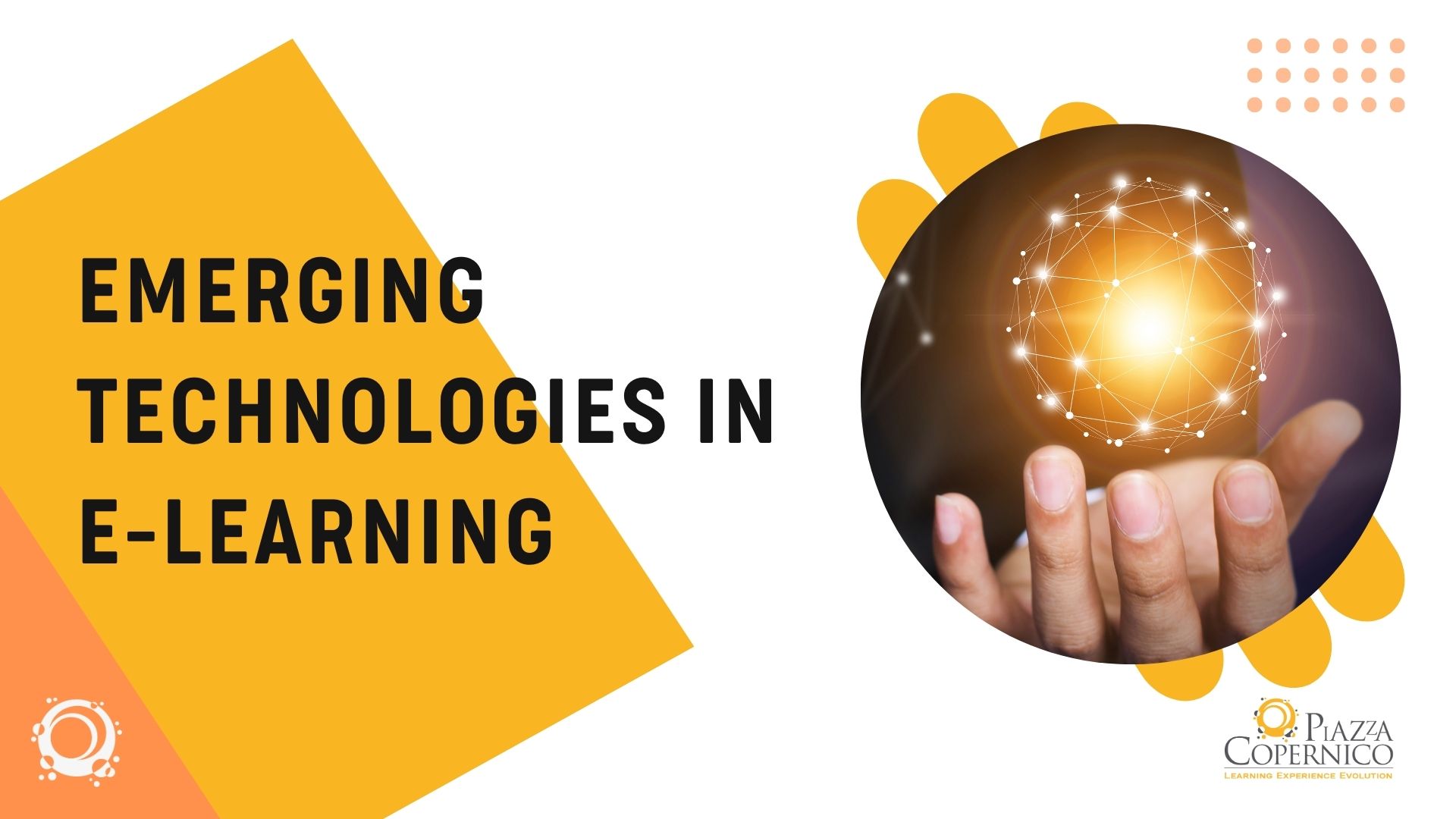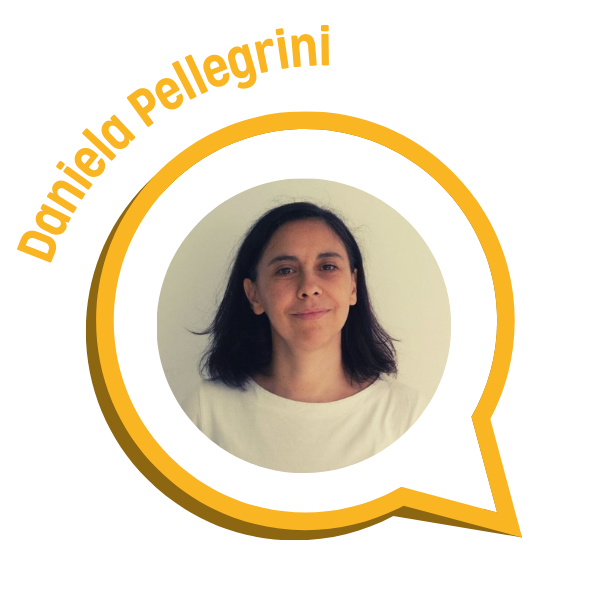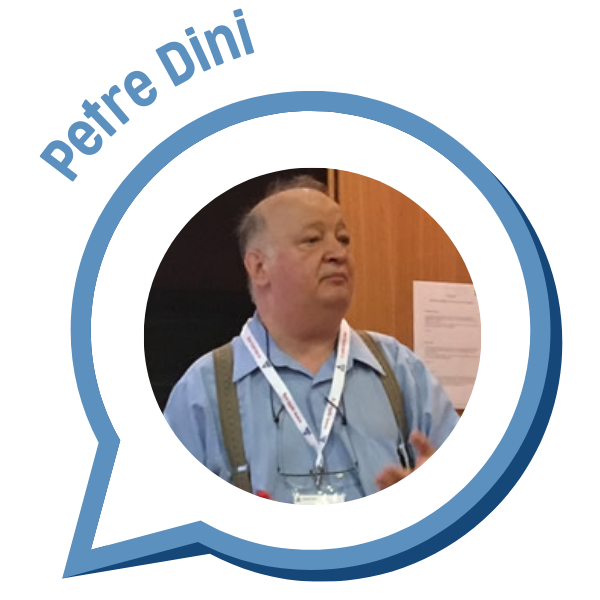
A conversation with Professor Petre Dini, IARIA Fellow and Scientific Program Coordinator
We are eager to publish in our websites’s Blog this conversation between Petre Dini, Prof. Ph.D., SMIEEE, Ex-Chair IEEE TC Emerging Technologies, IARIA Fellow and Scientific Program Coordinator, and Daniela Pellegrini, Piazza Copernico Innovation Manager, Coordinator of eLmL 1 / ISELI: ISELI: Innovative Solutions on Emerging Learning Needs during the 15th International Conference on Mobile, Hybrid, and On-line Learning – eLmL 2023 in Venice (2023, April 24th to April 28th).

This is the second year that Piazza Copernico has been included in the Elml Conference with a Special Track. So, Professor, what are the contributions that our company provides to the conference and research?
Piazza Copernico fulfills a very needed role in the Digital Society. The audience was thrilled with the advanced Digital awareness Piazza Copernico operates on. As all conference materials are fully Open Access, practically the entire work is available to everybody, providing a great and continuous visibility to Piazza Copernico’s activities.
I would mention that Piazza Copernico provides a very large covering of learning, from active to metaverse, not to forget accessibility and inclusivity learning.
This makes Piazza Copernico a solid partner and diligent player for Universal Training and Diversity.


From your point of view and experience, what will be the most important topic to consider for learning processes and digital learning in the future? Did you observe any specific trends highlighted by the attendees?
Definitively, trends may vary depending on the specific context; the accommodation to new business models is a key direction. I will enumerate a few major directions induced by massive digitization; blended learning is still here to stay, while mobile and micro-learning take into consideration user mobility and schedule restrictions.
In particular, gamification and social learning platforms have been introduced by many speakers as tools to promote motivation and socialization for a diverse audience (children, adults) with a large spectrum of skills (from beginners to experts).
For lifelong learning, particular attention should be paid to the deskilling side-effect induced by AI-based emerging learning and decision processes. In this case, continuous and context-oriented training seems to be the direction.
Tutoring Systems and Interactive Learning Environments can benefit from the effectiveness of LLMs in digital learning across corporations. Developing expandable learning micro-modules that can be easily integrated into these platforms (tutoring systems, learning environments) might become a continuous strategy to keep pace with the rapid development in various domains.


Regarding the contributions and topics presented by Piazza Copernico (metaverse impact and adoption, data analysis in learning decisions, accessibility), which one do you consider the most strategic to be explored further by Piazza Copernico?
Piazza Copernico addressed very hot topics in learning and training, if I refer to the 2022 and 2023 special tracks.
As there is a shift in needed skills due to digitalization and new technologies, hybrid adult learning along with continuous training are major component in training.
The use of metaverse is still in an experimental phase. However, a learning time patterns approach is useful due to changes in workforce behavioral profile, mostly induced by mobility and remote activity.
AI-based content generation might help; learning analytics should complement any mixed Classic/AI-based content.
I see a few main lanes for strategic development:
- identifying the most exposed domains to ‘deskilling’ and balance them with appropriate training,
- increasing awareness on digital use, in terms of capabilities and downsides, especially at the corporation level,
- and promoting particular learning modules (programming, scheduling, maintenance, etc.) with focus on (rapid, and non-discriminatory) accessibility. The last one is also triggered by the diversity of new emerging technologies, by the learning curve, and by the reorientation of the workforce market induced by automatic tools.
Looking forward for Piazza Copernico presence in the next Open Access IARIA events.

Petre Dini, Prof. Ph.D., Eng., IARIA Fellow
SMIEEE, Ex-Chair IEEE TC Emerging Technologies
IARIA Scientific Program Coordinator
petre@iaria.org
http://www.iaria.org/fellows/PetreDini.pdf